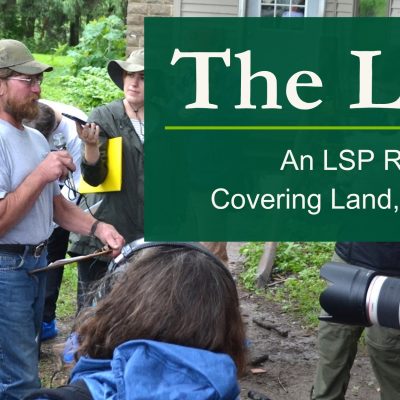The Beauty Beneath Our Feet
For an artist, it’s always nice to get a little public recognition—it helps make up for all those hours spent alone in the studio. So when Deborah Foutch’s piece, “Soil Horizon,” won a blue ribbon at the Minnesota State Fair in 2015, she was thrilled. But even more exciting was that the artwork—it uses various… Read More →
